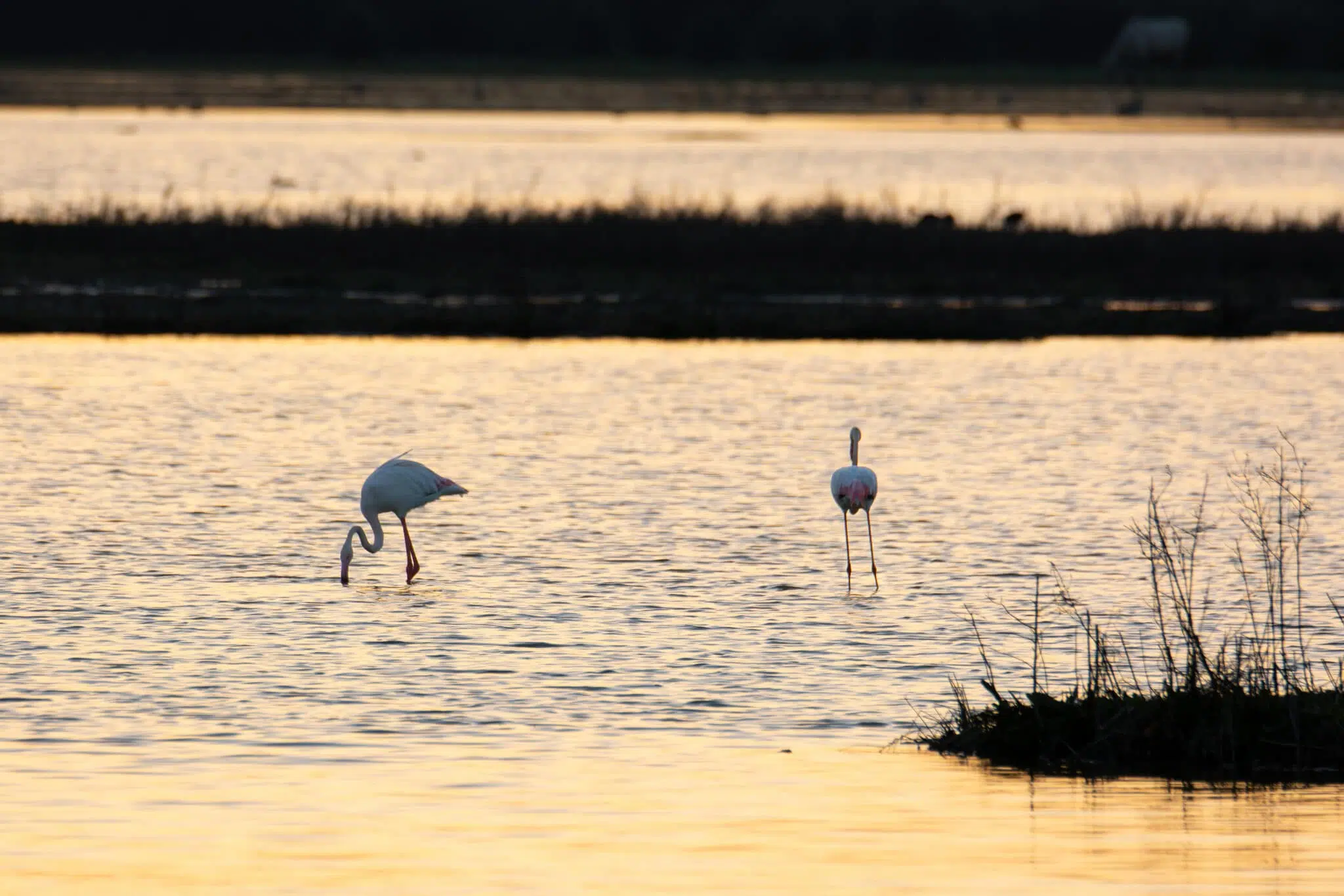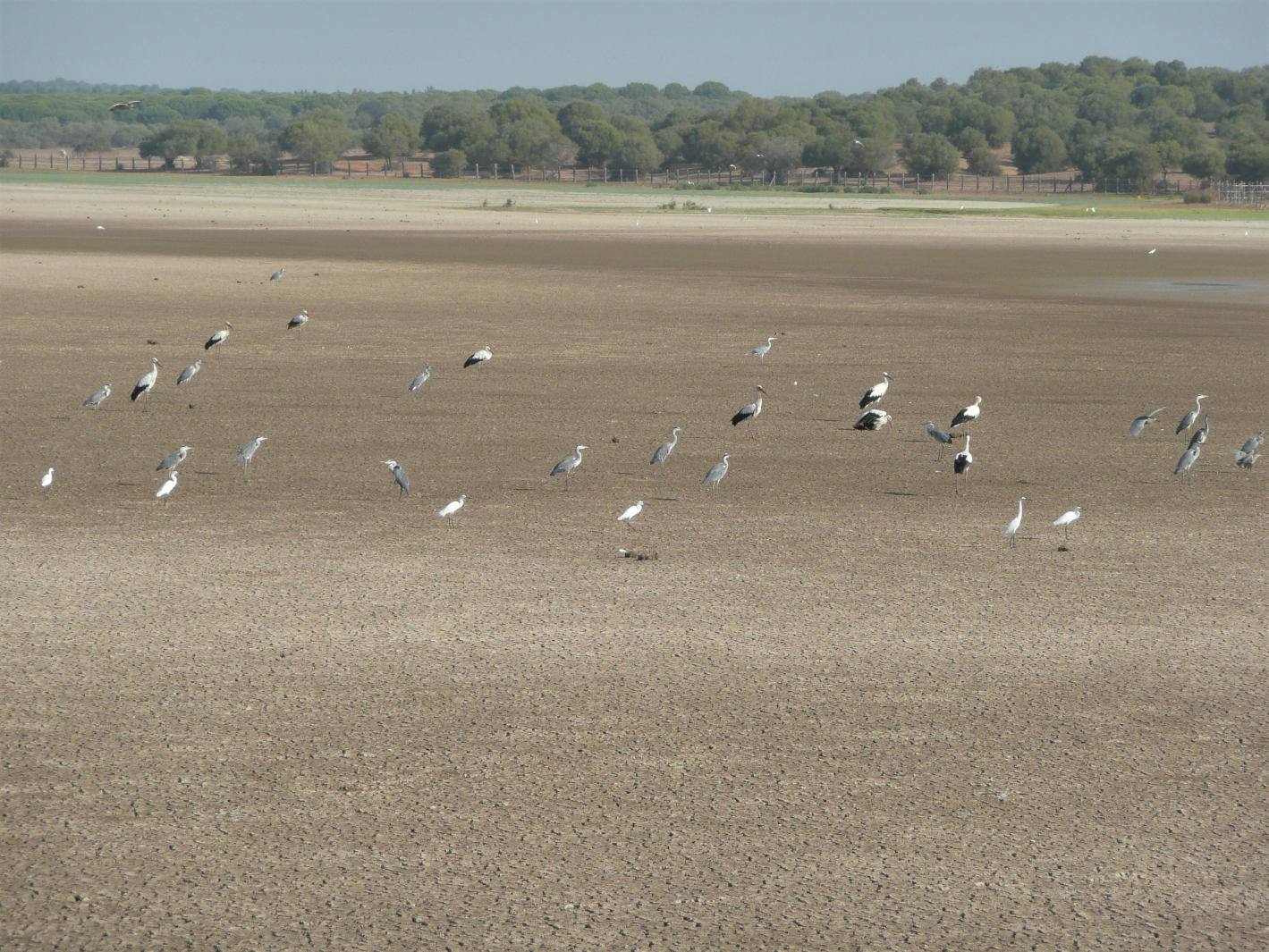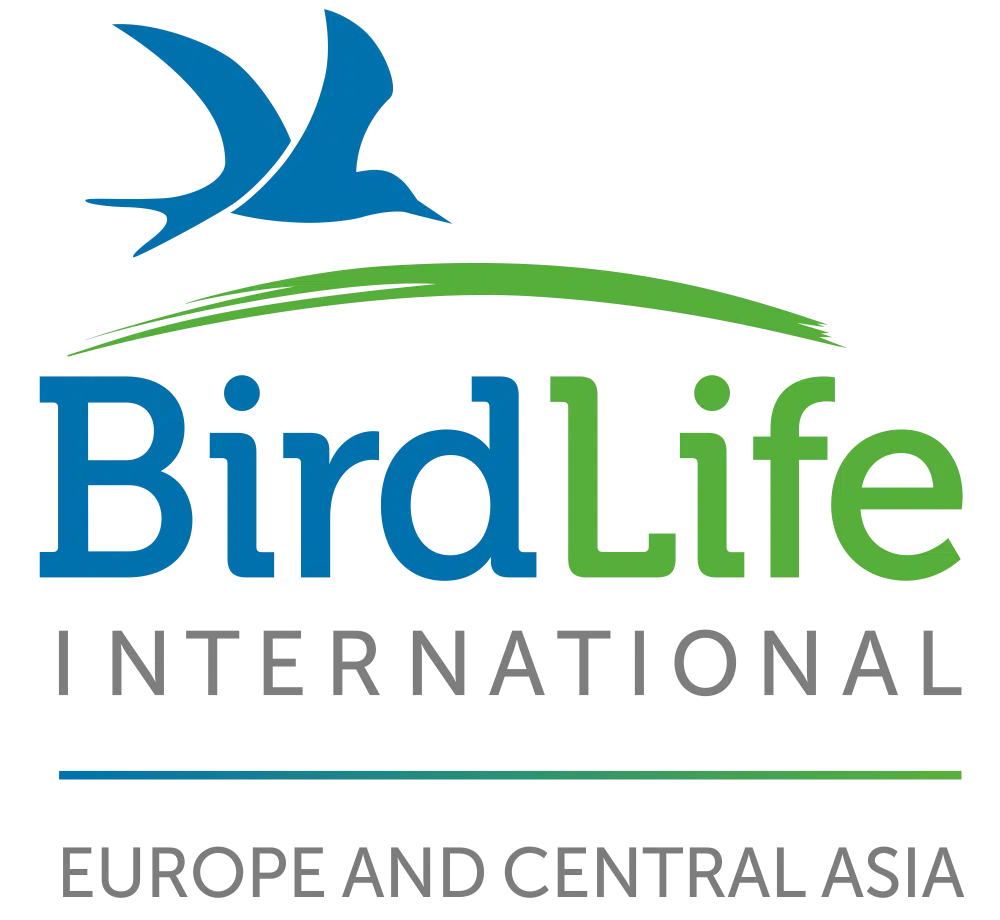The rebirth of the Doñana
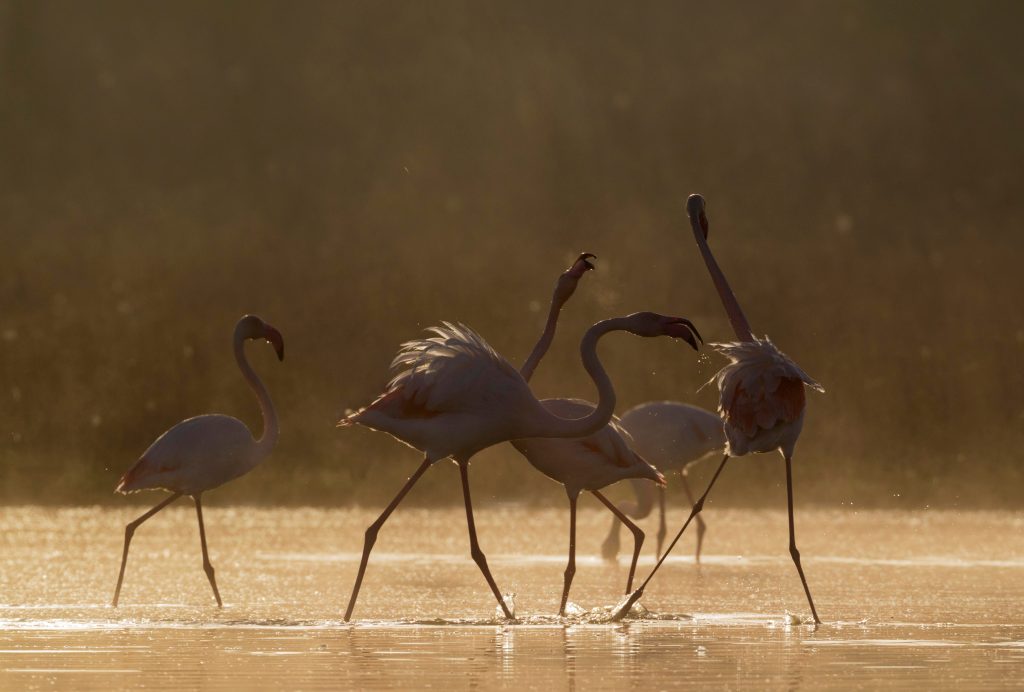
The important bird habitat might be saved with the new agreement to protect the wetland.
On their long-striving strolls through the wide wetlands of the Doñana, the flamingos can hopefully take their bath in peace again.
The Spanish and Andalucian governments finally came to terms and signed a joint agreement to abolish destructive agriculture methods, as well as to invest 1.4 billion Euros to support sustainable farming in the region of Doñana. Most importantly the previous plans to expand irrigable land around the Doñana National Park will not move forward, and be removed from the agenda!
The new agreement marks an important milestone for restoration efforts and shows that opposing political parties can and should come together to protect wildlife. Scientists, UNESCO, IUCN, the Natura2000 Network, and environmental NGOs, including our Partner SEO/Birdlife, tirelessly advocated for a change in the region and it seems that, after 21 months, their efforts are finally paying off.
“The success will depend on whether the results will be measurable and sustainable over time. So, this strong economic investment actually means the birth of a new Doñana, abandoning a bipolar state of protection-destruction that the region has endured for decades”, says Carlos Dávila, responsible for the Doñana Region at Seo Birdlife.
The Doñana Park is one of the 16 national parks in Spain. This precious wetland, and UNESCO World Heritage site, is an important habitat for migratory birds and a variety of endangered species, such as the Iberian lynx. Its position in the south of Spain with increasingly long droughts and intensifying agriculture demands has put pressure on the region for the last decades. The situation has worsened over the last years due to the negative effects of climate change and illegal water extractions. The fight over water became a fight on survival rights, nature vs farmers.
With a new framework for Sustainable Territorial Development, the government is trying to strike a deal that supports farmers and keeps the important habitat alive at the same time. In the long run, it will be important to control and evaluate conservation efforts and make sure that the environmental degradation will actually be reversed. Until then many NGOs urge the World Heritage Committee to enlist the region as a World Heritage site in Danger to ensure that all parties comply with the promises.
The Doñana Park finally has a chance to be reborn, and we need to make sure that the flamboyant strolls of the flamingos through the wetland in southern Spain can continue.
Photo: Shutterstock, imageBroker
You might also be interested in:
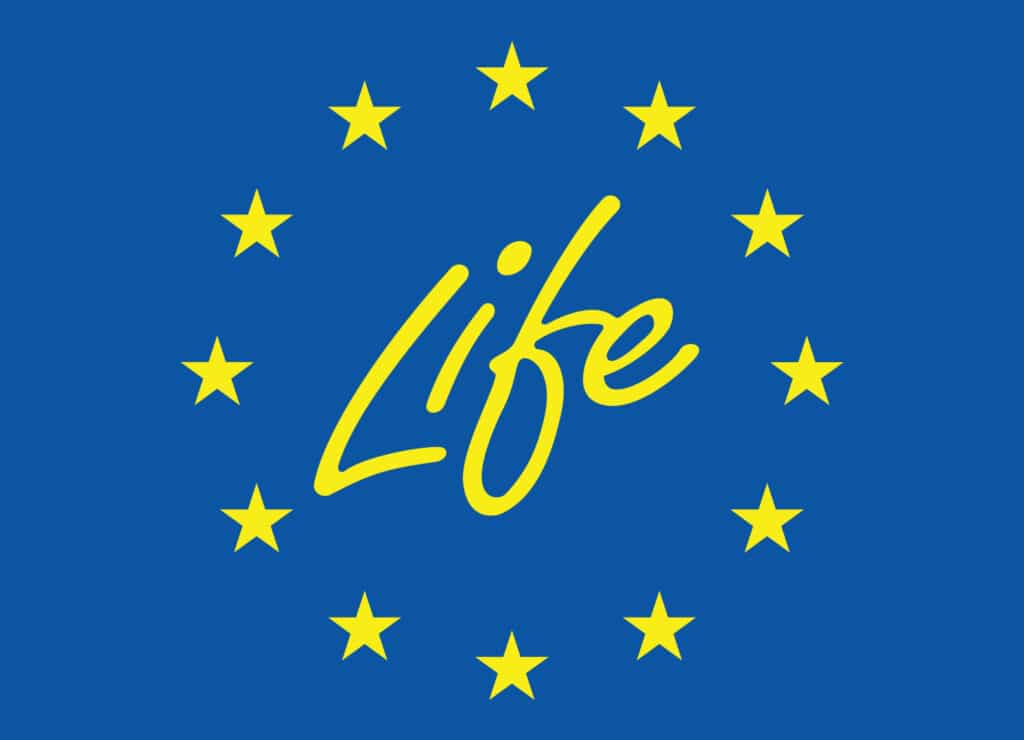 | Stichting BirdLife Europe gratefully acknowledges financial support from the European Commission. All content and opinions expressed on these pages are solely those of Stichting BirdLife Europe. The European Commission is not responsible for any use that may be made of the information it contains. |
